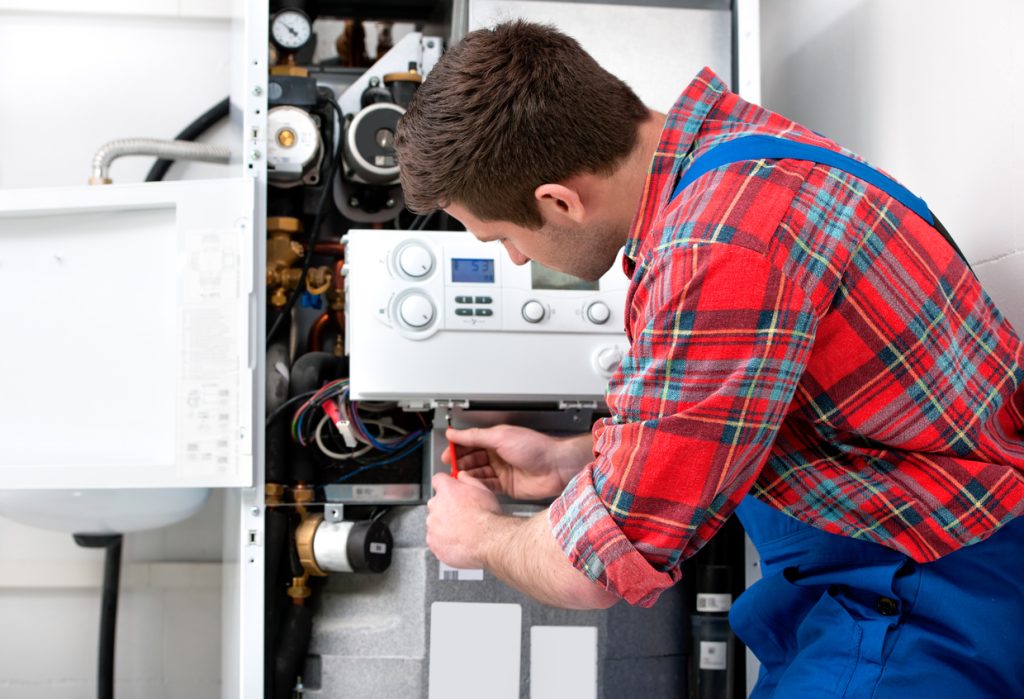When it comes to appliances, homeowners are usually keen on maintaining the device they purchase. Water heaters supply your home with hot water for various activities like bathing, laundry, and cleaning your utensils. Although water heaters usually last a long time, hard water can reduce their life span. Hard water contains minerals like calcium and magnesium, which can leave deposits in your water heater. These deposits accumulate with time, affecting your equipment. Therefore, you need to pay attention to your water heater just as you do with other home appliances. This article discusses how mineral buildup affects your water heater and the preventive maintenance required to ensure it functions efficiently.
Effects of Mineral Buildup in Your Heater
Areas with hard water often experience mineral buildup or scale. Over time, the minerals accumulate, clogging pipes and restricting hot water flow. Furthermore, the accumulated minerals can affect various components of your water heater, like the temperature sensor. When damaged, the sensor misreads the water temperature, causing the heater to overheat the water. The heating element can also decline, necessitating an early replacement and saddling you with extra cost.
As the appliance continues heating and cooling the mineral deposits, faults can appear in lines, leading to leaks. Leaks cause the system to operate inadequately, reducing efficiency. Consequently, the equipment has to work harder when heating your water. An inefficient system will cause you to spend more on energy. Therefore, it is vital to protect your water heater from mineral buildup. Here are some preventive maintenance tips you should consider.
Flushing the Water Heater
Depending on the hardness of the water, it is crucial to flush the water heater periodically to ensure it is free of sediment. Flushing involves draining water from the tank to remove the built-up residue inside it. This procedure is probably best performed by a professional.
Installing a Water Softener
In areas with hard water, water softeners are essential equipment. The softener helps reduce the mineral concentration in the water, thus minimizing the amount of sediment buildup. Your heater can operate more efficiently, and that saves you money.
Performing Regular Maintenance
Maintenance is crucial for any appliance if you want peak performance and longevity from it. Water heaters are no exception, so you should contact your local professionals to perform regular inspections. They’ll check the water temperature and the pressure relief valve for overheating and leaks. They’ll also alert you if components should be repaired or replaced.
Minerals in hard water pose a massive threat to water heaters. Leaks from corrosion and restricted water flow can indicate your water heater needs urgent service. Therefore, if you identify a problem with your water heater in Yuma, AZ, contact PHD Plumbing for fast repairs.

